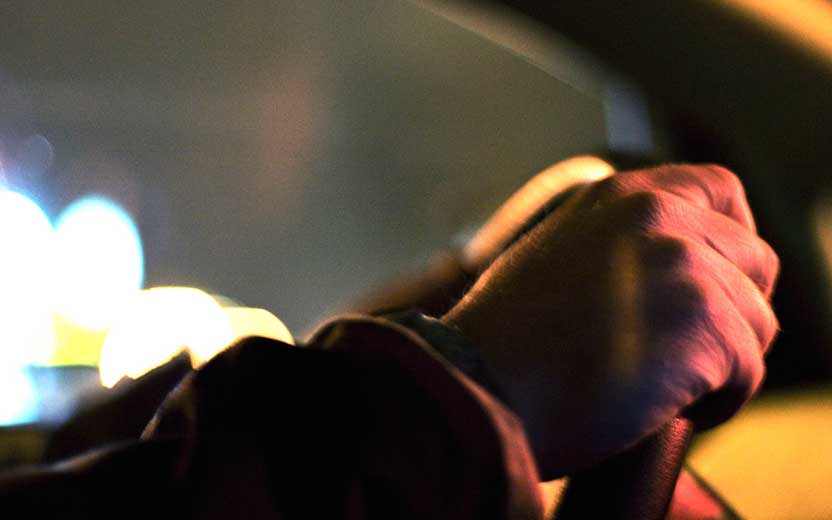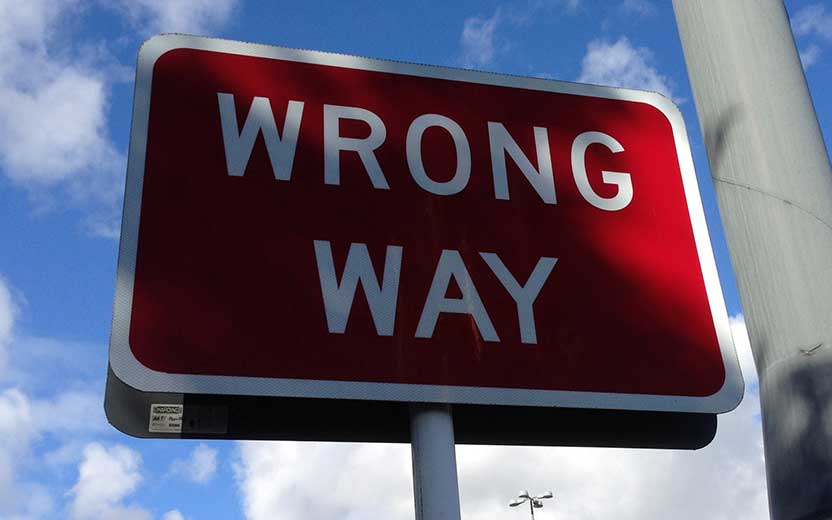By Marcus Fernandez
More than 2 million people reported poison exposures by calling poison control centers located throughout the United States in 2018. Florida call centers alone handled 110,246 callers reporting poison exposures. The vast majority of poisonings reported nationwide, 76.7%, were unintentional. When negligence of a caregiver, health care provider or other party contributes to poisoning injuries or death, a victim or victim’s family may have a claim for compensation.
Facts about victims of poisoning
Infants and toddlers account for about 70% of poisonings in the U.S., resulting in injuries. According to the Centers for Disease Control and Prevention, hospital emergency departments in the U.S. treat more than 300 children daily for poisoning. Of the 300 children, ranging in age from newborns to young adults up to 19 years of age, two of them die each day from the effects of poisonous substances.
These cases go beyond curious and unsupervised children getting into medicine cabinets or ingesting chemicals that cause injury or death. They also include the epidemic of injuries and deaths attributed to abuse of prescription pain medications. Even taking medications exactly as ordered by a physician and dispensed at a local pharmacy can cause adverse drug reactions. These types of incidents result in up to 2.7 million hospitalizations each year.
Holding caregivers liable for poison exposure
Leaving your child or vulnerable adult with a caregiver is not an easy decision. You entrust that person with your loved one’s well-being and expect their safety to be paramount. But what happens when the individual they’re caring for suffers a poisoning injury or death? Caregivers entrusted with supervising a child or vulnerable adult may be held responsible if the person they’re caring for suffers a poisoning injury or death. Proving poisoning liability on the part of a daycare facility, babysitter, nursing home, or another party can be difficult. It requires evidence of the following:
- The liable party accepted the duty and responsibility of caring for the child or adult in need of supervision. For example, let’s say that a parent allows their child to wander off while talking to a neighbor outside their home. The child enters the neighbor’s garage and suffers injuries from drinking a poisonous cleaning solution. In this case, with the parent present, the neighbor may not have taken on the duty of caring for the child.
- A party accepting the duty to care for another person breached the duty by failing to properly supervise. If a health aide hired to look after an elderly patient mistakenly over medicates the person, the health aide would have breached the duty of care they had accepted when hired.
- There must be a connection between the injury suffered by the child or vulnerable adult and the breach of duty that the caregiver should have foreseen. To be liable, the caregiver must have failed to take the proper precautions to protect the injured party. For instance, poisoning liability may occur if a babysitter allowed medication or another poisonous substance to be within reach of an unsupervised child. If the child ingests a dangerous element and suffers an injury, the babysitter may be responsible.
Children are not the only potential victims in poisoning cases. Nursing homes, hospitals and other such caregivers often accept a duty of care for adults under their supervision. They are required to ensure that the correct medication is disbursed, in the proper doses and at the appropriate times. Failure to do so could give rise to a liability claim against the employee and the organization.
Poison Prevention Tips
Lock up potentially hazardous substances. Keep your prescription medication, harmful chemicals or other substances out of the reach of children. Childproof cabinets and drawers to ensure that children are unable to access poisonous materials.
Follow dosage instructions on any medications. Prevent accidental poisonings by carefully reading and following all instructions for your medications. Read all warning labels to avoid potential interactions between medications. Finally, only take medications prescribed by a healthcare professional, and only by the person for whom they were prescribed.
Stay calm and react quickly. If you feel that someone in your care may have been poisoned by a harmful substance, stay calm. Call 911 if they have passed out or aren’t breathing. If they are awake and responsive, call the CDC’s Poison control line at 1-800-222-1222.
What should poisoning victims and their families do?
When a vulnerable adult or a child suffers an injury or dies from poisoning, the parents or family members should seek legal advice from a Tampa personal injury lawyer. A consultation with an attorney with experience handling poisoning liability cases may help to identify the parties whose negligence caused injuries suffered by their loved one.


